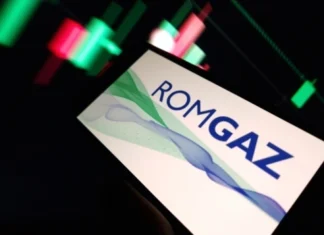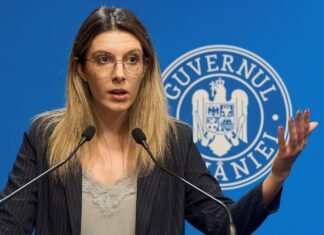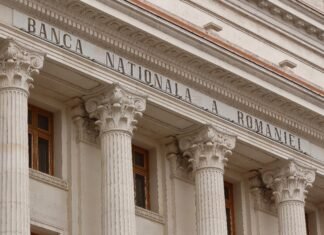In 2025, the University of Cambridge took a significant step by incorporating the Romanian language into its official academic program. This development was facilitated by the establishment of a Romanian lectureship within the Faculty of Modern and Medieval Languages and Linguistics. The initiative emerged from a fruitful collaboration among the Romanian Embassy in London, the Ministry of Education and Research of Romania, and the Romanian Language Institute, with Dr. Ștefania Costea at the helm of these efforts.
The decision to introduce Romanian into the university’s curriculum stemmed from insights provided by Professor Adam Ledgeway. He noted that while many students were familiar with other Romance languages, there was a conspicuous gap when it came to Romanian. This observation ignited the motivation to offer courses that would not only fill this academic void but also enrich the linguistic diversity within the university.
Initially, optional courses in Romanian were launched, which quickly gained traction among students. The success of these early offerings laid the groundwork for the formal establishment of the Romanian lectureship, which aims to expand and enhance the opportunities for students to engage with the language and culture.
The program now features a comprehensive range of courses that includes not just language classes but also thematic seminars that delve into various aspects of Romanian culture, history, and literature. One of the standout events is the ‘Romanian Movie Night,’ an initiative designed to showcase and promote the richness of Romanian cinema. Such cultural events play a crucial role in bringing the Romanian experience to life for students who may have little prior exposure to the country’s artistic landscape.
A diverse array of students, hailing from different academic backgrounds and cultural origins, have enrolled in these Romanian courses. Many are motivated by personal connections, such as family ties or heritage, while others are drawn purely by their curiosity about Romanian culture. This blend of interests enriches the classroom environment, fostering a dynamic exchange of ideas and perspectives.
The introduction of Romanian at Cambridge not only represents an educational advancement but also highlights the university’s commitment to fostering multiculturalism and inclusivity in its curriculum. The initiative resonates with broader efforts to acknowledge and celebrate linguistic diversity within the academic sphere.
Furthermore, the growing interest in Romanian studies reflects a wider trend among students seeking to expand their linguistic repertoire and cultural understanding. In an increasingly globalized world, the ability to communicate in multiple languages and appreciate different cultures is paramount. By studying Romanian, students at Cambridge are gaining insights not only into the language itself but also into the historical and contemporary issues that shape Romania today.
In conclusion, the inclusion of the Romanian language within the curriculum at the University of Cambridge marks an important milestone for both the institution and Romanian cultural representation in academia. The collaborative efforts behind this initiative emphasize the importance of cooperation in promoting educational diversity. With its diverse course offerings, engaging cultural events, and the passion of its students, the Romanian lectureship is poised to make a lasting impact on the University of Cambridge’s academic landscape, fostering a deeper understanding and appreciation of Romanian culture for years to come.






